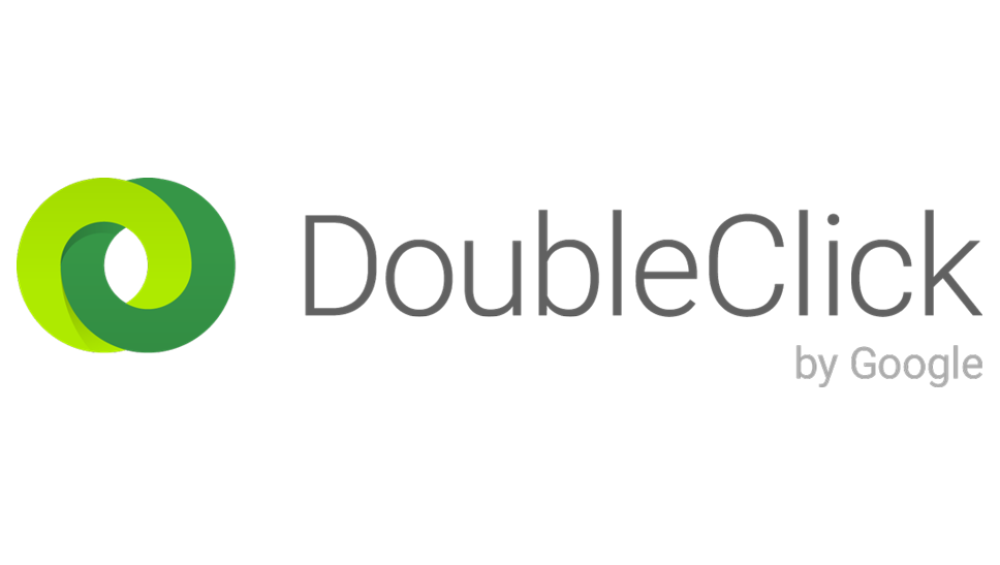How To Get Robots To Do Your Bidding - Part 2: DoubleClick Bid Strategy Overview
16 May 2016

Since the first post in this series, things have been kicking off in the world of machine learning, with some people hailing this time as a pivotal point in the trajectory of human life as we know it. In case you haven’t been keeping up, DeepMind’s Algorithm ‘AlphaGo’ has beaten the Go grandmaster Lee Sedol by 4 games to 1.

This may not seem like a big deal, but this particular achievement is a pretty big step forward in the race towards achieving artificial general intelligence (AGI); that is, flexible algorithms that can learn to master any task, with only the input of raw data to work with. They would have the potential to solve anything, from climate change to cancer, which gives rise to a number of questions: what could, and should, be done to control this technology and ensure the rapid progression in this area leads to our triumph rather than destruction? With human scientific experts on the way to obsolescence, should we be redistributing funding towards the arts and social sciences, in order to focus on more emotionally-driven areas that computers are much less likely to be able to master? How can we ensure that AI systems actually sound like Scarlett Johansson? None of these questions will be answered here. Instead we’ll be focussing on the slightly more pressing issue of how you can harness this technology for use within your PPC campaigns before it is, inevitably, too late.
DoubleClick Bid Strategies
DoubleClick bid strategies (or the Performance Bidding Suite) are the automated bidding option available within DoubleClick Search. There are 4 main types:
- Maximise conversions (at a target CPA or monthly spend)
- Maximise revenue (at a target ERS (effective revenue share), ROAS or monthly spend)
- Maximise clicks (at a target monthly spend)
- Keyword position target
In terms of machine learning, the most exciting ones are the top two conversion-based options. In order to take full advantage of these, the campaigns you wish to include must first satisfy the following conditions:
- The total volume of conversions per day must be around 20, with few significant day-to-day fluctuations
- Your targets, and budget, should not change too often over time
If this is the case, you’re in a prime position to try them out. However, before you take the plunge, it’s worth considering the possible benefits and limitations in order to establish how these strategies may differ from your current bidding solution.
Benefits
- Less manual work involved – although exactly how much less will obviously depend on what kind of strategy you are currently employing. This should free up more time for more strategic activity.
- Bid to different attribution models – move away from last click to any of the standard models, or import your own custom one.
- Mobile bid adjustments – these can be made automatically, or just suggested, and can be set to include cross-device conversion data too.
- RLSA bid adjustments – these can also be made automatically or just suggested.
- Cross-engine education – although bid strategies can’t work across different accounts or engines, data from one can still be used to educate another. For example, a strategy on a lower-volume Bing account could be informed by its (probably) higher-volume AdWords counterpart.
- Quick reactions – learning is done in real time and bids are changed up to 4 times a day, meaning the system is able to quickly react to performance fluctuations.
- Work across different campaign types - the same strategy can include search and shopping campaigns, meaning you only need to use different strategies where you have different KPI targets.
Limitations
- There is a learning period – when you first set up a bid strategy, it can take around 2 weeks for it to start working towards your set KPI. During this time the only limits it will work to are campaigns budgets and the min. and max. CPCs that you set, meaning overall performance could decline during this time.
- They do still require manual work – you can’t just set them up to target whatever KPI you wish and expect it to get there. They do require manual work in order to achieve optimal performance, including individual keyword CPC adjustments, regular reviews and analysis.
- More difficult with short-term changes – changes to bid strategies should only be made a maximum of once every 2 weeks, and turning them off and on causes the learning period to start again. This means it can be difficult to deal with things like sales that are only lasting one or two days, or if there are specific areas you want to push for short periods of time.
- No feedback – As anyone who has seen the film ‘Her’ will know, humans are not able to fully understand the decisions and reasoning made by AI systems. The algorithms will not be able to communicate what is going on, or provide any insights into the performance.
- No guarantee – Obviously there is no guarantee that running a DS bid strategy will work better than your current bidding method.
As with any new feature, if you are going to try DS bid strategies then it would be best to do so during a time when there are minimal other factors influencing performance; I wouldn't suggest doing it in the run up to Christmas or just before a new website launch, as it will be impossible to isolate the impact they are having.
Coming up next time will be some results we’ve seen from using the strategies, things to consider when analysing their performance and a look into whether it means you can finally ditch your PPC account manager for good (SPOILER ALERT: it doesn't).

Please login to comment.
Comments